Occupational Safety Training for Operating Oil Filtration Systems
99,000 ₫
Note: The above price is calculated for one person and may fluctuate depending on the number of participants in the course and market conditions. For more accurate pricing support, please refer to the price list or contact our consulting staff directly.
Occupational safety is an important issue when operating the Oil Filtration Machine System and needs to be addressed promptly to ensure the health and safety of workers and to enhance the reputation of businesses here. The Occupational Safety Training course is one of the effective solutions to raise awareness of how to prevent workplace accidents for workers operating the Oil Filtration Machine System.
Table of Contents
Toggle1. Overview of the Oil Filter Complex Machine
a. What is the Oil Filter Complex Machine?
The Oil Filter Complex Machine is an integrated system of equipment and technology designed to remove impurities and contaminants from oil, improving its quality. Key components typically include filters, cleaning units, and control devices. This process helps protect machinery and extends the oil’s lifespan, allowing long-term use without damaging the system.

b. Operating Principle of the Oil Filter Complex Machine
The operating principle of the Oil Filter Complex Machine typically includes the following steps:
- Mechanical filtration principle: Uses filters to trap dirt, impurities, and other unwanted compounds. Filters may consist of membrane layers, filter fibers, or materials capable of capturing fine particles.
- Chemical filtration principle: Uses chemicals to interact with harmful substances or those that may affect the oil. These chemicals usually absorb or react with impurities, making them easier to remove.
- Electrical filtration principle: Uses electric fields to attract oppositely charged particles, allowing them to adhere to electrodes and be removed from the oil.
- Liquid separation principle: Uses physical principles, such as gravity, to separate unwanted liquid phases from the oil.

c. Industries that use the Oil Filter Complex Machine
The Oil Filter Complex Machine is widely used across various industries, including:
- Oil & Gas Industry: Used to filter oil from wells and crude oil, removing impurities and contaminants to protect equipment during production.
- Automotive Industry: Used in car engine systems to filter engine oil, keeping it clean and protecting the engine from damage.
- Aerospace Industry: Used in aircraft oil systems to ensure engine safety and performance.
- Shipbuilding Industry: Integrated into ship and fishing vessel oil systems to maintain engine and machinery performance and reliability.
- Manufacturing & Processing Industry: Used in factories to filter oil during production and processing.
- Power Generation Industry: Used in power plants to filter oil in generator systems.
2. Overview of Occupational Safety Training for Operating the Oil Filter Complex Machine
a. What is Occupational Safety Training?
- Occupational safety training for operating the Oil Filter Complex Machine provides workers with knowledge on preventing workplace accidents. Employees directly working with the Oil Filter Complex Machine fall into Group 3.
- The training course helps workers recognize and avoid hazards, reducing the risk of workplace accidents.
REGISTER FOR OCCUPATIONAL SAFETY TRAINING SERVICE
b. Training Duration
Initial safety training duration:
- Total training time is at least 24 hours, including assessment time.
- 8 hours of theory on occupational safety policies and regulations
- 8 hours of theory on basic occupational safety knowledge
- 4 hours of theory on specialized training content
- 2 hours of practical training on specialized content
- 2 hours of theoretical assessment at the end of the course
The training center may divide the course into multiple sessions depending on employee scheduling. Typically, there are 6 sessions over 3 days, provided the company arranges continuous learning time.
Periodic safety training duration:
- Before the occupational safety card expires, employees seeking renewal must undergo periodic safety training, with the periodic training duration being at least 50% of the initial training duration.
Explanation: The total duration of periodic safety training is at least 12 hours, including assessment time. Upon successful completion and passing the exam, the employee is reissued or extended their occupational safety card.
c. Training Content
| No. | TRAINING CONTENT | TRAINING HOURS | |||
| Total | Breakdown | ||||
| Theory | Practice | Assessment | |||
| I | Policies and occupational safety regulations | 8 | 8 | 0 | 0 |
| 1 | Overview of the legal documents system on occupational safety and hygiene. | 6 | 6 | ||
| 2 | System of standards and technical regulations on occupational safety and hygiene. | 1 | 1 | ||
| 3 | Specific regulations from government authorities on occupational safety and hygiene when constructing, expanding, or renovating facilities for production, use, storage, and inspection of machines, equipment, materials, and substances with strict safety and hygiene requirements. | 1 | 1 | ||
| II | Basic occupational safety knowledge | 8 | 8 | 0 | 0 |
| 1 | Basic knowledge about workplace hazards and harmful factors. | 4 | 4 | ||
| 2 | Methods for improving working conditions. | 1 | 1 | ||
| 3 | Safety culture in production and business. | 1 | 1 | ||
| 4 | Rights and obligations of employers and employees; occupational safety policies; roles of safety network and safety officers. | 1 | 1 | ||
| 5 | Occupational safety rules, signs, and use of safety equipment, personal protective equipment; first aid and occupational disease prevention skills. | 1 | 1 | ||
| III | Specialized training content | 6 | 4 | 2 | 0 |
| Comprehensive knowledge of machines, equipment, substances causing hazards; risk assessment and management for occupational safety; safe working procedures with machines, equipment, and substances with strict safety requirements. | 6 | 4 | 2 | ||
| IV | Final assessment of safety training | 2 | 2 | 0 | 0 |
| Total | 24 | 22 | 2 | ||
See more training content for all 6 groups
d. Occupational Safety Card
Upon completion of the occupational safety training and passing the exam, employees are issued an occupational safety card (commonly called a Group 3 safety certificate).
The Group 3 safety card shows details such as full name, date of birth, job position, and work environment. It also includes training duration, official stamp, and signature confirming completion.
According to Clause 2 of Article 24 of Decree 44/2016/ND-CP, there are two cases:
- If there is a labor contract between the employer and employee, the employer must sign and stamp the safety card for the Group 3 employee after completing training and passing the exam from an authorized training unit.
- If the employee is freelance or temporary without a labor contract, the training unit must sign and stamp the safety card after the employee completes the training and passes the exam.

3. Hazards When Operating the Oil Filtration Machine System
Operating the Oil Filtration Machine System can sometimes involve certain hazards, including:
- If regular maintenance is not performed or filters are not replaced when needed, the performance of the oil filtration system may decrease significantly. This can lead to damage to other equipment and machinery in the system.
- Technical issues such as leaks, pressure drops, or control system errors can occur, compromising safety and performance.
- Uncontrolled oil loss during the filtration process can reduce oil quality and decrease system efficiency.
- In hazardous environments, some oils may contain flammable materials. Improper filtration can increase the risk of fire or explosion.
- Operators must be fully trained on how to use and maintain the oil filtration system. Lack of knowledge can lead to accidents and safety risks.
To minimize hazards, regular maintenance, employee training, and adherence to safety procedures are crucial when operating the Oil Filtration Machine System.

4. Measures to Control Occupational Accidents When Operating the Oil Filtration Machine System
To control occupational accidents when operating the Oil Filtration Machine System, several important safety measures should be implemented:
- Employee training: Train staff on operation, maintenance, and safety procedures for the Oil Filtration Machine System. They must understand potential risks and preventive measures.
- Follow safety procedures: Develop and implement safe working procedures, including proper filter replacement, regular inspections, and system maintenance. Adhering to these procedures reduces the risk of incidents.
- Use protective equipment: Ensure employees wear full personal protective equipment (PPE) such as helmets, safety goggles, gloves, and protective clothing to guard against potential hazards.
- Regular inspections: Conduct routine checks on the Oil Filtration System to detect technical issues or maintenance needs early.
- Restrict unsafe access: Limit access to the machine area, placing warning signs and safety instructions.
- Alarm and monitoring systems: Install alarms to alert staff about safety issues and monitor system performance.
- Control the work environment: Ensure the workspace is safe, including controlling leaks and keeping the area clean.
- Emergency response planning: Prepare a rapid response plan for accidents and train staff on emergency procedures.
- Periodic inspection of the Oil Filtration Machine System to detect safety issues such as mechanical wear or failure early, reducing occupational accident risks.
5. Benefits of Occupational Safety Training
An Toàn Nam Việt provides your business with the following benefits after completing occupational safety training courses in accordance with Decree 44/2016/ND-CP on labor safety and hygiene for companies and enterprises:
- Employees can recognize potential occupational hazards and take preventive measures to avoid accidents.
- Your business can implement risk prevention measures in production, operation, and maintenance processes.
- Reduce costs associated with workplace safety incidents.
- Uninterrupted production helps increase labor productivity and product quality.
- Compliance with labor safety laws avoids legal risks.
- Enhances reputation and professionalism, elevating your company’s brand.
Nam Việt’s training courses serve as a solution to prevent external risks, helping individuals avoid hazards that could lead to injuries or even fatalities.
REGISTER FOR OCCUPATIONAL SAFETY TRAINING SERVICES
6. Customer Feedback After Completing Training
An Toàn Nam Việt has years of experience partnering with businesses across Vietnam, particularly in the southern provinces. This responsibility is highly valued, and that is why Nam Việt’s Occupational Safety Training programs are increasingly professional. The motivation for Nam Việt’s growth comes from both positive feedback and suggestions from partner businesses. Below are testimonials from partners we have served:
Hoa Dat Construction & Trading Joint Stock Company
“Nam Việt’s service greatly simplified labor safety and the completion of safety documentation for our operations. Consultants were enthusiastic and prompt in answering our questions. 5 stars for Nam Việt.”
See more customer interviews after using the service from An Toàn Nam Việt
7. Occupational Safety Training Capability of An Toàn Nam Việt
An Toàn Nam Việt is a reputable and high-quality occupational safety training center in Vietnam, conducting training continuously at production workshops, factories, and construction sites nationwide (all 63 provinces).
REGISTER FOR OCCUPATIONAL SAFETY TRAINING SERVICES
Occupational Safety Training License
- An Toàn Nam Việt has been inspected and certified by the Department of Safety under the Ministry of Labor – Invalids and Social Affairs, confirming eligibility to conduct occupational safety and hygiene training, further strengthening our training capacity.

Materials and Lectures
- Training materials are reviewed before being used in Occupational Safety Courses to ensure accuracy and effectiveness.
- Instructors follow a teaching method standardized by An Toàn Nam Việt, developed by experts in occupational safety and hygiene training to maximize knowledge retention.
Facilities
- Controlling classroom factors affecting training improves teaching efficiency and knowledge absorption.
- Our training facilities provide spacious classrooms meeting standards for area, lighting, and training equipment.
8. Nationally Reputable Occupational Safety Training Center
At An Toàn Nam Việt, occupational safety training is our top priority. We aim to equip workers with knowledge to protect themselves, contributing to nation-building.
To ensure effective training, we meticulously prepare everything—from tools, teaching equipment, curricula, documents, to lighting and sound.
Our instructors are experts with years of experience and research in hazard identification and prevention across various industries.
Lectures are based on practical experience and delivered in an engaging, easy-to-understand manner, ensuring comfortable learning and effective knowledge absorption. All content aligns with Decree 44/2016/ND-CP.
Employees learn hazard prevention methods and self-protection strategies, applying them appropriately in real work situations.
Our training center is proud to provide professional and reputable occupational safety training services with advantages such as:
- Competitive training costs without compromising quality.
- Flexible training schedules according to company operations.
- Quick and lawful certification procedures.
- Experienced instructors with years of expertise.
- Classroom conditions are optimized to maximize teaching efficiency and student learning.
- Training content tailored to corporate occupational safety needs.
- An Toàn Nam Việt works professionally and diligently to provide accurate and prompt customer support.

9. Additional Occupational Safety Training Resources
1 review for Occupational Safety Training for Operating Oil Filtration Systems
No comments yet

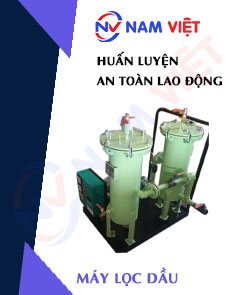
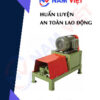
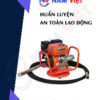
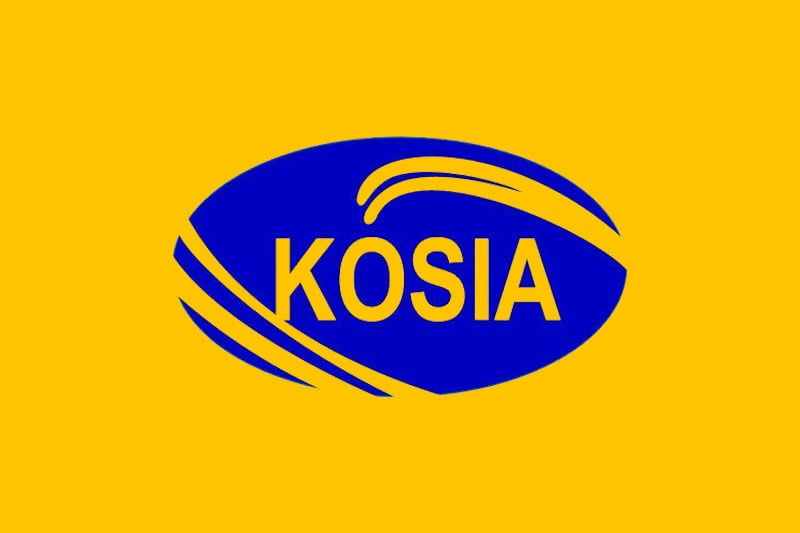
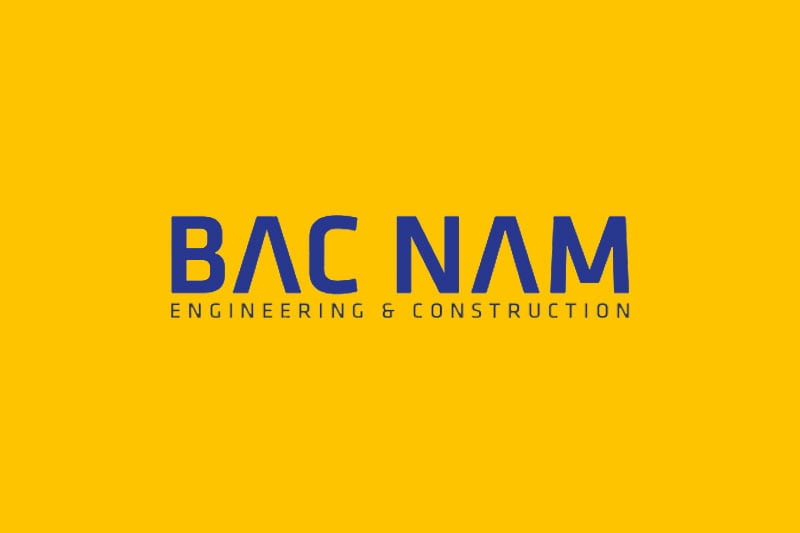

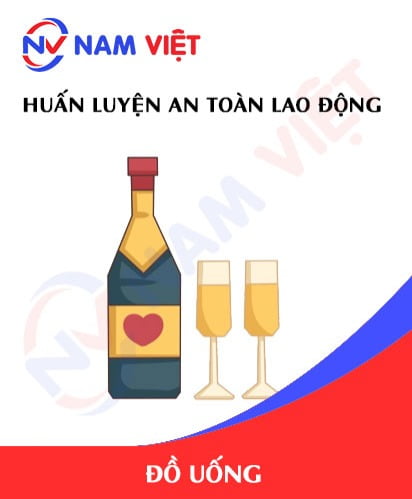
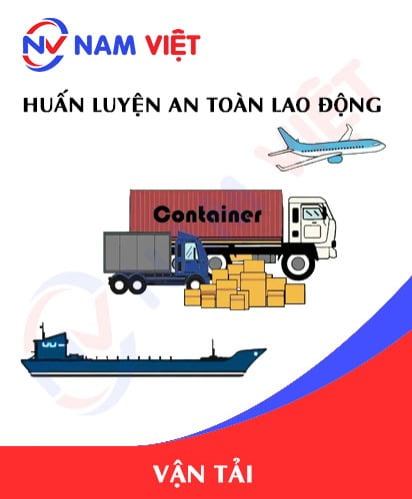
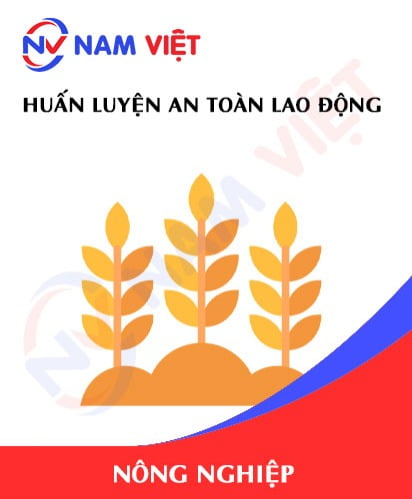
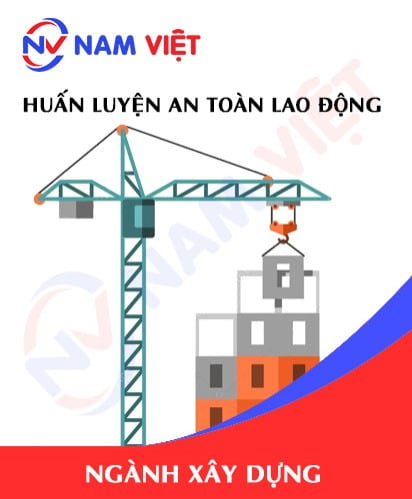
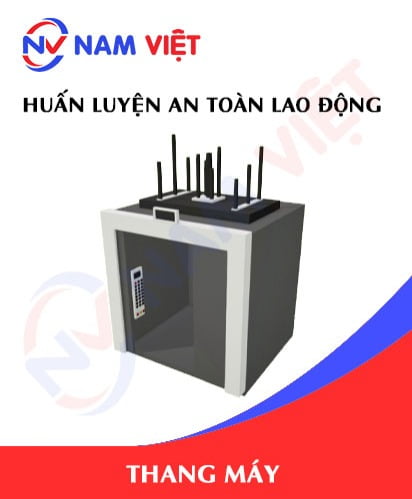
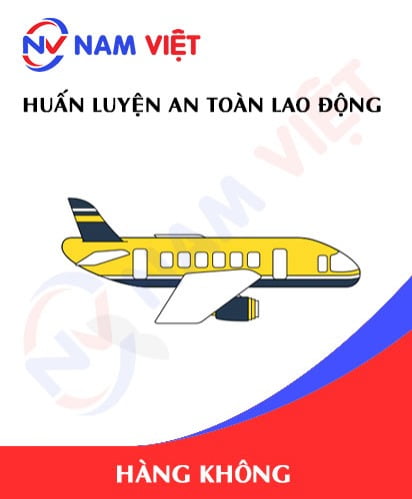

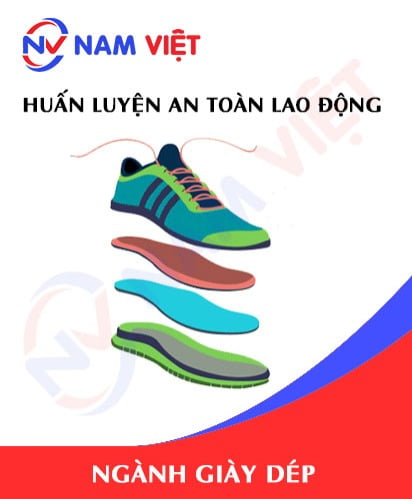
phanminhhang341
The lecturer teaches very lively and easy to understand!